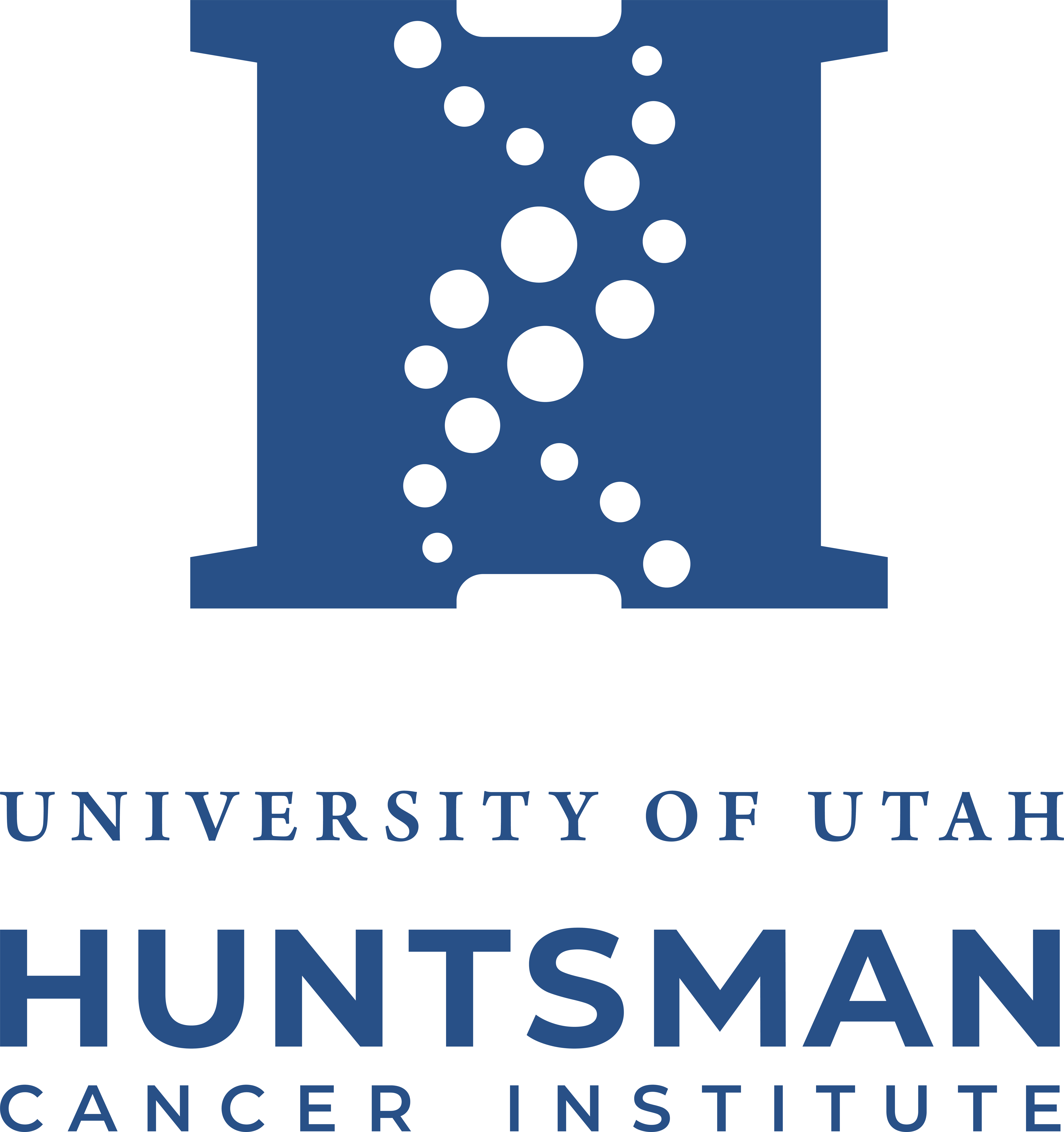
- February 2014
- Volume 8
- Issue 2
Oncologists Must Help Patients Overcome Fear of Genetic Testing to Uncover Cancer Risks

In the current digital age, where all-too-personal information flows from Facebook and Twitter, it seems that the health information available through the process of genetic testing would be an idea welcomed by most of the public.
Saundra Buys, MD
Medical Director,
Huntsman Cancer Institute
High Risk Cancer Research Program,
Professor,
University of Utah School of Medicine
Salt Lake City, UT
In the current digital age, where all-too-personal information flows from Facebook and Twitter, it seems that the health information available through the process of genetic testing would be an idea welcomed by most of the public.
But a new national poll from the University of Utah’s Huntsman Cancer Institute shows that many people would rather stay in the dark when it comes to seeking genetic testing to predict their likelihood of developing a hereditary cancer.
The University of Utah’s Huntsman Cancer Institute sponsored the poll (available online at ) in October 2013 to weigh public opinion on genetic testing related to discovering risks for hereditary cancer. Conducted by Harris Interactive, those surveyed included 1202 men and women nationwide between the ages of 25 and 70 with either commercial or government insurance.
Among the most surprising statistics from the poll: 34% of respondents would not seek genetic testing to learn more about their risks for hereditary cancer—even if the cost of the testing was not an issue—primarily because of concerns about employment and insurability. A decade of legislation prohibits such discrimination, a fact that has not trickled down to the general public.
The poll also showed that only 35% of respondents would be “extremely” or “very likely” to seek aggressive prophylactic or preventive treatment, such as a mastectomy, if they had a family history of cancer and genetic testing indicated a genetic predisposition to cancer.
As oncologists, it’s easy to be concerned by this data. In my role as co-director of the Family Cancer Assessment Clinic and medical director of the High Risk Cancer Research Program at Huntsman Cancer Institute, and professor of medicine at the University of Utah, I see patients every week who could have taken steps to reduce their risk if they had known they had a predisposition for a certain type of cancer. As we all know, the best treatment for cancer is prevention, and genetic testing plays an integral role in defining who is a candidate for prevention and what preventive options are most appropriate.
We must ask ourselves, how can we work to overcome the barriers of educating the public about the important role genetic testing plays in early detection and prevention of cancer? How do we emphasize that laws prevent discrimination related to insurability and employment if a patient has a high risk for cancer?
Nearly 40% of those surveyed for our poll who would not seek testing reported being “somewhat” or “extremely” concerned that the results would impact opportunities for employment, while 69% of that same group reported being “somewhat” or “extremely” concerned that the results would have an adverse impact on their ability to get insurance.
Inherited mutations play a major role in the development of approximately 5% to 10% of all cancers. Genetic mutations associated with more than 50 hereditary cancer syndromes—including mutations discovered at the University of Utah that were linked to melanoma, colon cancer, and breast cancer—have been identified.
Our survey demonstrates that even with increased media attention to genetic testing in recent months, more work is needed to educate the public about the type of information genetic testing provides and who should seek it. Family and personal health history are the most important factors in determining whether a person should consider genetic testing.
As oncologists, we must encourage genetic testing, but also realize that such testing is only as good as the genetic counseling that accompanies it. There are many genetic tests being ordered in physicians’ offices around the country without the benefit of genetic counseling. The results of these tests are complex, and without appropriate counseling the information can be confusing and misunderstood.
For example, a negative test result in an individual with a strong family history of cancer does not necessarily reduce their cancer risk, and the presence of variants of uncertain significance are becoming increasingly identified now that multigene panels are available.
We must serve as health advocates to urge patients who may be at high risk for cancer to take a more proactive role in determining the course of their future health. Genetic testing today may eliminate the need for late-stage cancer treatment tomorrow.
The Annual Huntsman Cancer Institute Survey
Measuring public perception about cancer prevention, treatment, and research
Saundra Buys, MD, has cared for patients with all types of cancer since 1982 and specializes in breast cancer.
Articles in this issue
almost 12 years ago
Minimizing Axillary Surgery for Patients With Node-Positive Breast Canceralmost 12 years ago
Peregrine's Lead Agent Receives FDA Fast Track Designation for NSCLCalmost 12 years ago
Idelalisib Shows Promising Activity in Heavily Pretreated iNHLalmost 12 years ago
Study Suggests IMRT Improves Survival in Head and Neck Canceralmost 12 years ago
Galena Moves Beyond Pain Relief to Targeted Cancer Treatmentsalmost 12 years ago
Rare Type of Leukemia Responds to Melanoma Treatment Vemurafenibalmost 12 years ago
Unprecedented Changes in Oncology: Toward a New Dawn





































